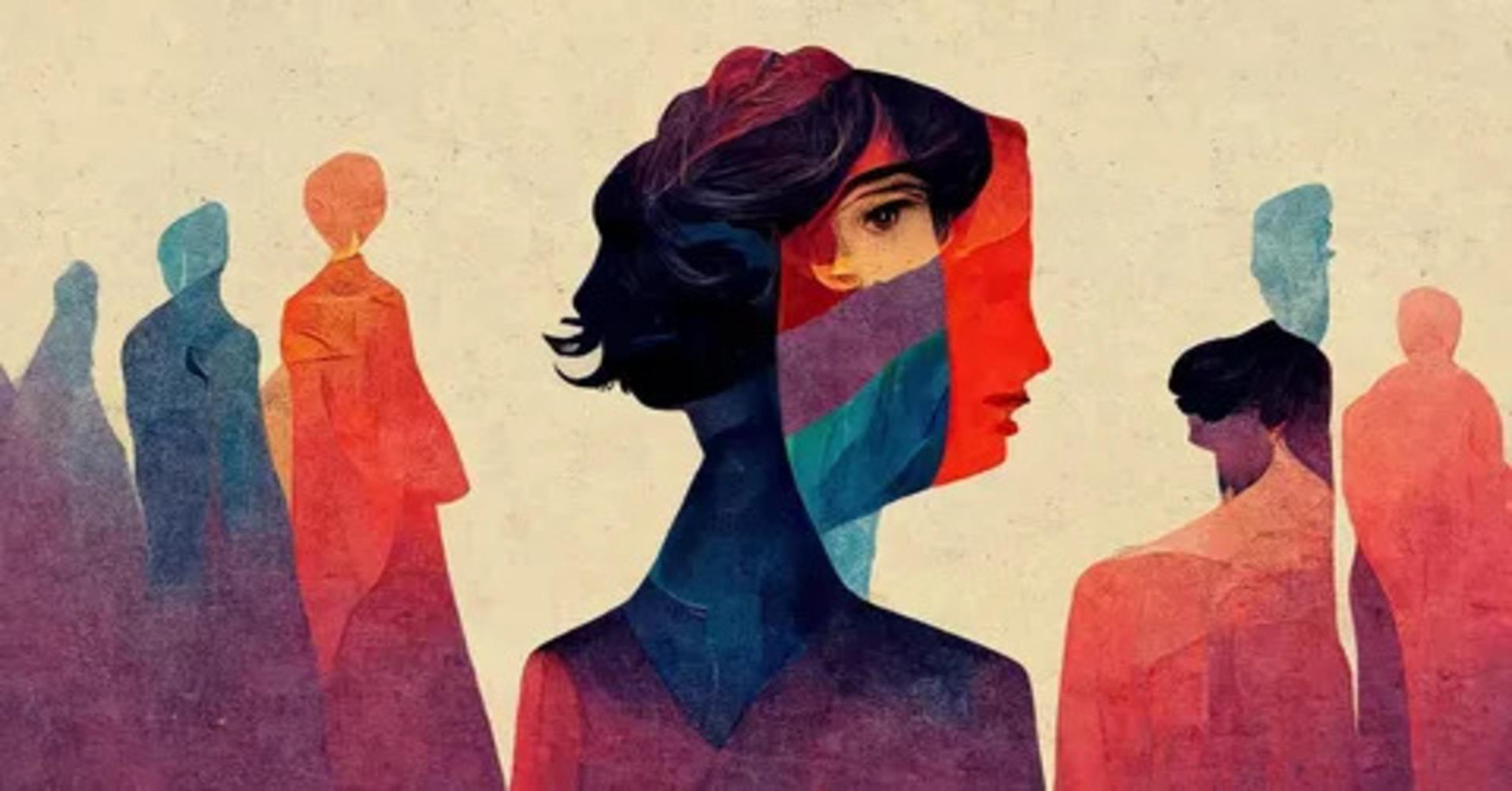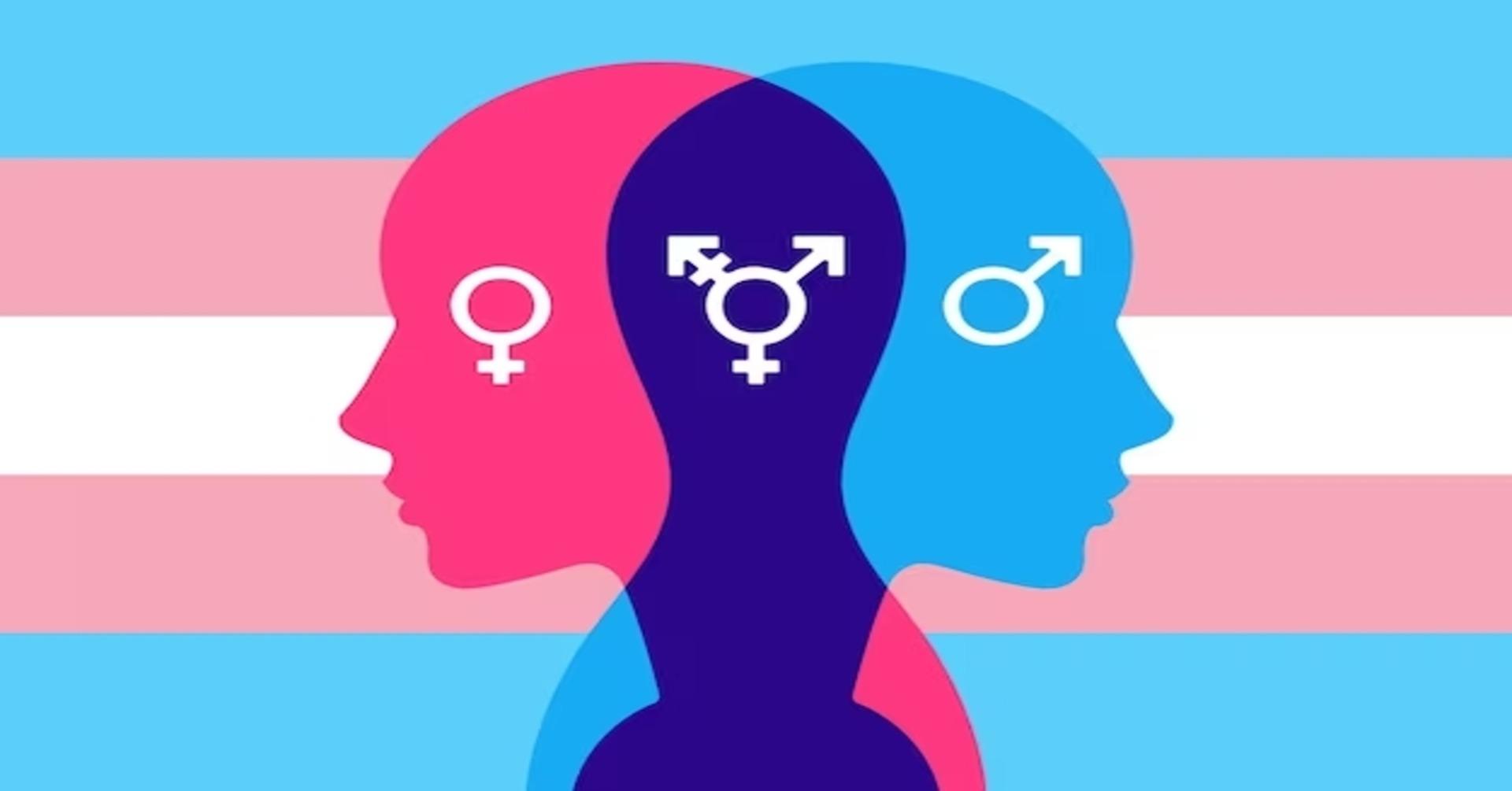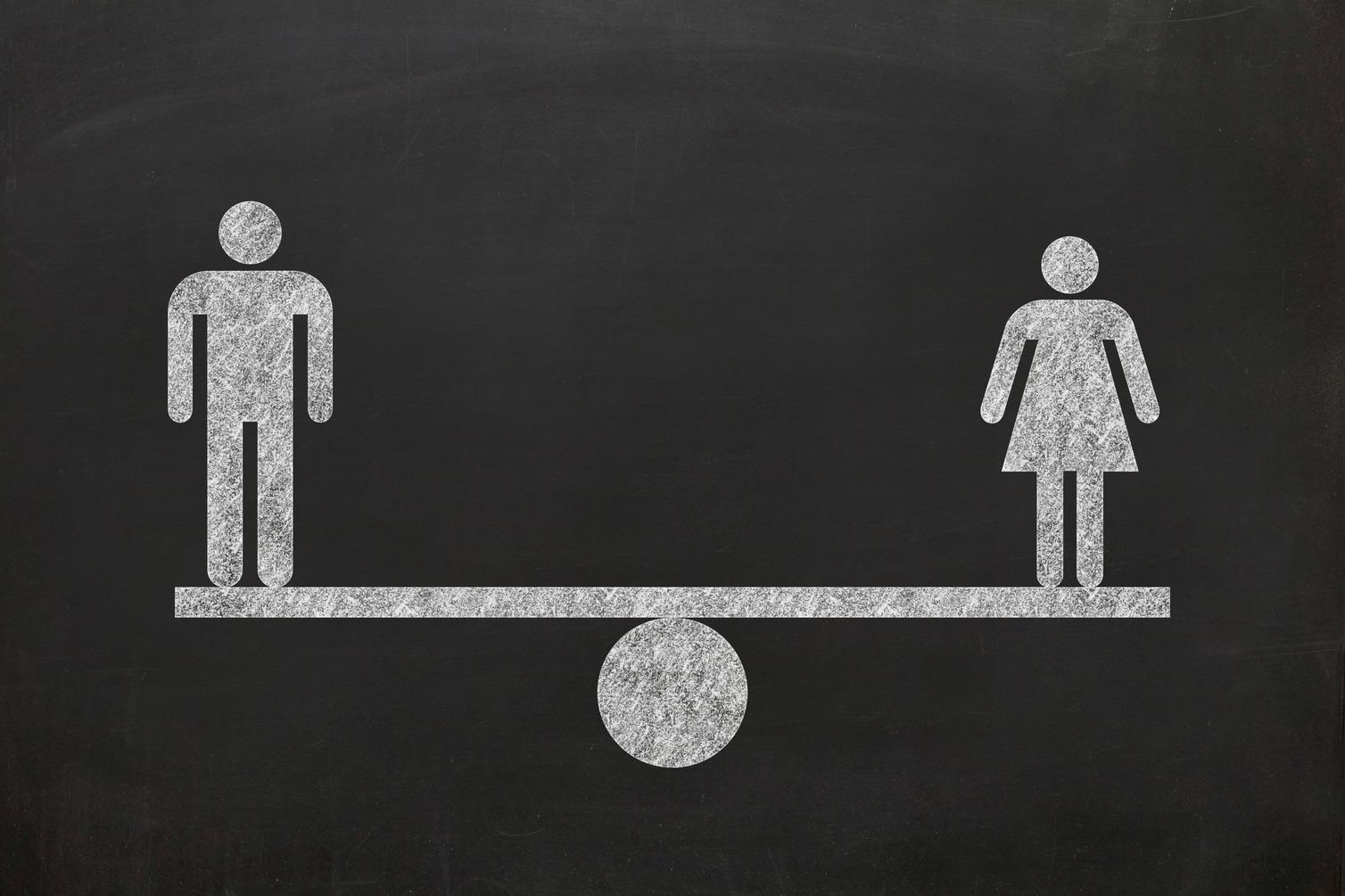Gender Socialization quiz
The "Gender Socialization Quiz" is an educational tool that examines the concept of gender socialization, the ways in which society has set specific gender roles which are learned and internalized by individuals. This quiz aims to shed light on the various mechanisms through which gender roles are propagated, such as media influence, family dynamics, and institutional structures like education. It also challenges participants to think about the stereotypes, norms, and the impact of these social constructs on personal and societal life.


Time is Up!

Time's up
The quiz is not a definitive diagnostic tool. The results do not confirm a definite diagnosis. It is a potential step towards a more formal conversation with a gender therapist or counselor.
Who can take this quiz?
The quiz is designed for anyone interested in understanding how societal norms shape gender perceptions and behaviors. It is particularly useful for students, educators, sociologists, or anyone seeking to gain insight into the complexities of gender dynamics within society. It can also serve as an informative exercise for parents, caregivers, or those involved in child development and education.
What purpose does this quiz serve?
How Do You Define the "Gender Socialization Quiz"?
The “Gender Socialization Quiz” can be defined as an interactive assessment that guides individuals through a series of questions and scenarios to better understand how gender roles and expectations are acquired and enacted in society. It invites reflection on one’s own experiences with gender socialization and encourages a critical look at how we can challenge harmful stereotypes and support a more inclusive understanding of gender.
General Frequently Asked Questions
No, it’s not designed for a definitive assessment but to promote understanding and critical thinking about gender dynamics.
Gender socialization is the process of learning and internalizing societal gender roles and expectations, crucial for understanding personal identity and social structures.
Children learn through family, media, education, and cultural environment, shaping their perception of gender norms.
Yes, through critical reflection, education, and activism.
The media often reinforces traditional gender roles but can also promote diverse and inclusive gender representations.
It can significantly impact well-being, especially if there’s a mismatch between societal norms and personal identity.
By encouraging diversity, challenging stereotypes, and supporting environments for free gender expression.
Reflect on your feelings and consider seeking more information or discussing with someone you trust.
It provides insights but is not a definitive tool for determining personal experiences of gender socialization.
Need a customized plan?
Disclaimer: According to an individual’s case severity, the sessions might vary.




